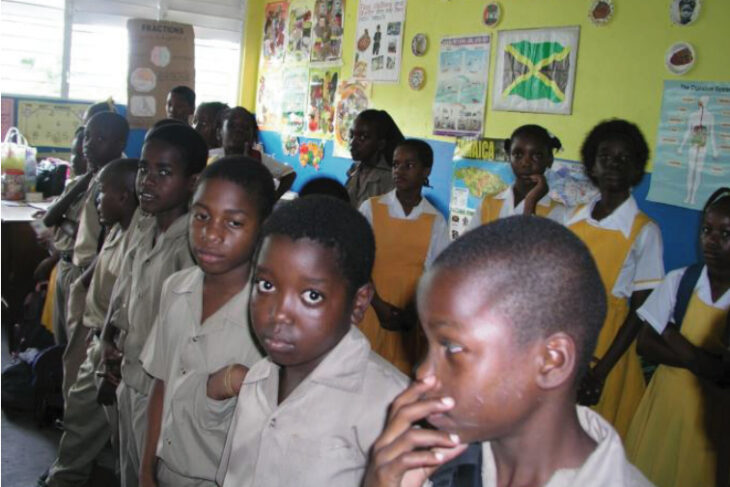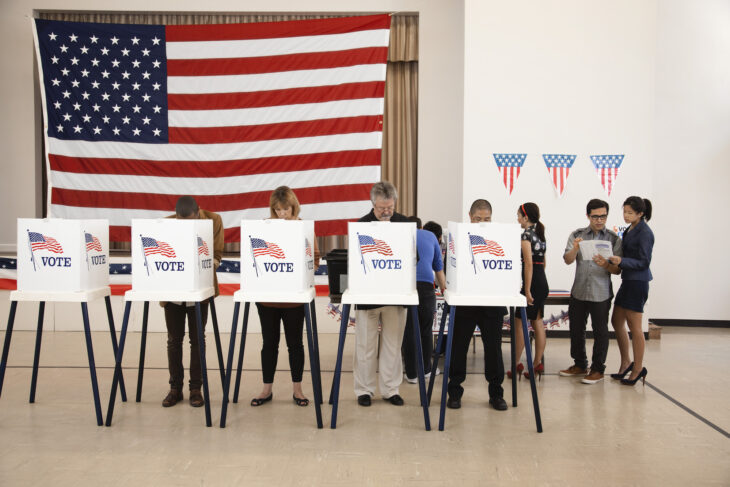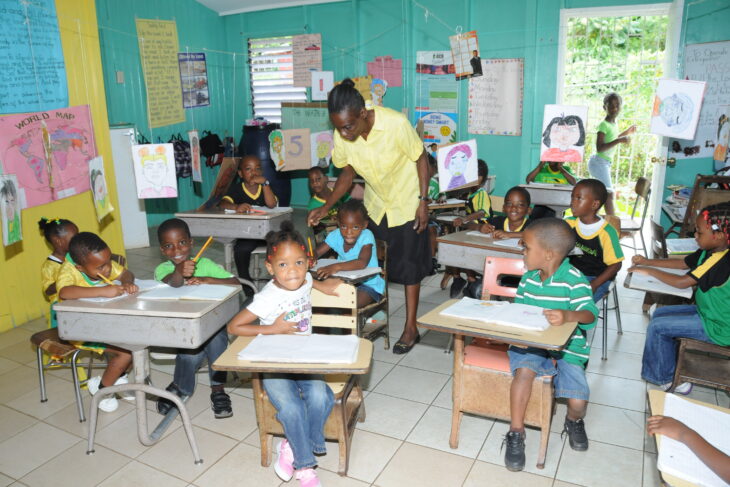
All things considered: politics, social relationships, nature, religion, it may be time that we humans come to terms with where we stand in the general scheme of things. “Unity”, a word much bandied about in current popular discourse, is one that we have, apparently, been doing our best to pretend doesn’t exist or, at best, is a utopian construct with little application to reality. Perhaps it’s time to take stock and to refocus.
Unity, according to the Miriam Webster dictionary, is “a totality of related parts: an entity that is a complex or systematic whole.” This simple definition has just described the entire universe — planets, stars, galaxies, plants, animals, sub-atomic particles…. And yet, we humans, according to our history of trying to demonstrate otherwise, appear to believe that we can function, in fact, exist in some sort of individualistic construct of survival of the fittest. Let us examine this term to better understand it.
One approach to understanding something is to investigate what its opposite might be. What, then, is the opposite of unity? Some would say disunity, denoting the absence of unity. But in the grand cosmic dance of existence disunity would result, rather quickly, in annihilation. Although we humans appear to be riding this train, it must be acknowledged that we are a creative lot and have devised an interim stage between unity and annihilation.
Rather than consciously benefiting from the cornucopia of diversity, we so often choose to investigate an artificial route of sameness. Looking at the cosmic model though, sameness does not exist ANYWHERE in the universe other than in artificial human constructs. Even two of the same thing, upon close inspection, will be found to be subtly different. And, if we investigate the sub-atomic reality of the orange sitting statically on our table, we will find the component layers of identity buzzing with movement and interaction. This unity in diversity is at the very core of existence.
So, what is this interim stage in blindly avoiding diversity? Any notion of singularity would necessitate competition. Since, according to our record of socio-political behaviour, we reject diversity, this leaves only sameness. But we are clearly not all the same and the record of history demonstrates astonishing perseverance in our unrelenting attempts to ensure that we either “become” the same, or are marginalized, or are eliminated. We find ourselves struggling to ensure that one or another appearance, habit, philosophy or agenda gains supremacy through a continuous cycle of competition.
The weakness of sameness causes us to engage in an endless competition to be best, to be right, to be strongest, to be the most beautiful, to have more, to be singled out, to win and, above all, to identify and eliminate others through the ethic of competition. We experience this process of elimination in partisan politics, in social jockeying, in cutthroat business practices, in static religious practice (not to be confused with religion itself), and even in deceptively so-called sports descended from war games intended to prepare youth for battle while being egged on by jaded adults who see the vitality of the younger generation as the solution to their own failed agendas.
One of the benefits of the current pandemic has been the connection — through Zoom and other similar media — of people of widely varying descriptions, free from the constraints of borders, and the economics and privilege of travel. The playing field has been significantly levelled. Through this opportunity, provided through the marriage of a nearly limitless communications network and an equally limitless variety of people, we are beginning to discover the benefits of collective learning and wisdom through the process of sharing and modification of ideas and perceptions of identity.
The circles of truth, justice, identity, and value are exponentially widening, merging, and evolving, incorporating into them new and more inclusive ways of interaction with others. Not only are we finding a more mature identity — one that is inclusive of diversity, but, accompanying this new and rapidly evolving identity — we are finding a collective voice. The mass of people are no longer willing to fall into the greased salad bowl of competition and difference or to be manipulated by self-seeking exponents of power and material gain. Neither are a growing number of people any longer willing to define their identities by the diversion of focus on otherness and to be unwilling participants in fear-generated agendas of competition.
We are a single species, united in an astonishing richness of diversity. We are one with nature, with the unknown reaches of the universe, and with our neighbour. Will we become conscious of this new trajectory and celebrate the diversity of our unity, our role and responsibility in the primordial dance of movement and cohesion?



